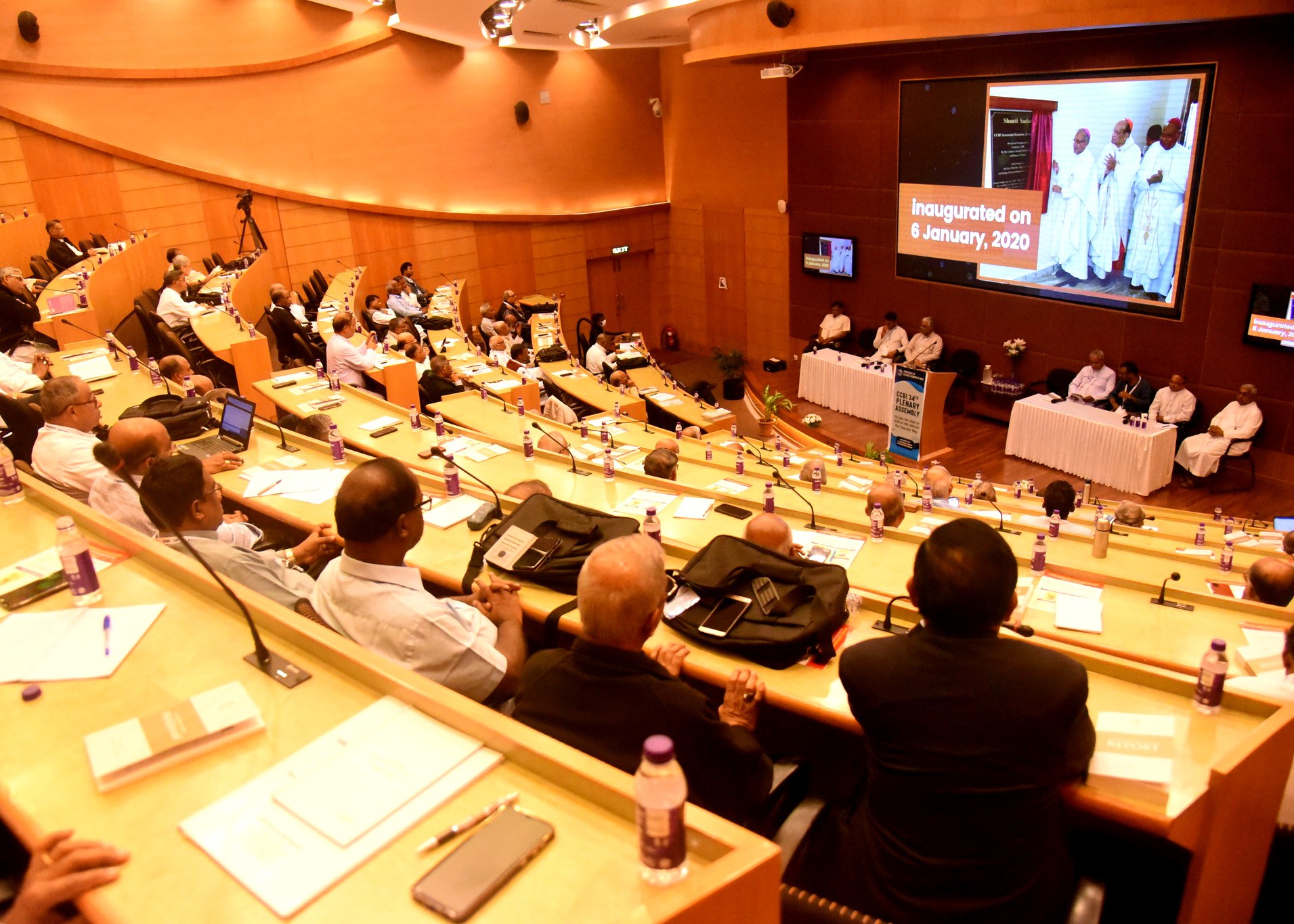The Catholic Bishops’ Conference of India (CBCI) has reaffirmed its support for justice in the ongoing Munambam land dispute, where around 600 Christian and Hindu families face eviction following claims by the Waqf Board.
The CBCI also criticized “partial reconstructions” of a recent meeting between Syro-Malabar Archbishop Andrews Thazhath, its president, and Christian parliamentarians in Delhi.
The dispute concerns 404 acres of land on Kerala’s Munambam coast, inhabited by families who have lived there for generations, according to a report by AsiaNews.
The Waqf Board, which oversees Muslim community properties, claims the land was donated to Farook College in Kozhikode by a Muslim benefactor in 1950 but argues it did not have legal ownership to transfer it.
The Community Property Act of 1954, enacted after the alleged donation, has further complicated the case.
In a statement, the CBCI voiced its solidarity with the residents, emphasizing their position is about human rights, not religion.
“Our position on this issue is not based on religious identity, but on a crucial concern for human rights. It must be absolutely emphasized that this is not a question of relations between Christians and Muslims, but of justice and rights enshrined in our Constitution,” the bishops said.
The CBCI called for a “peaceful and fair solution to the dispute, guided by constitutional principles and mutual respect.”
The bishops’ statement also responded to media reports about the December 3 meeting in Delhi with around 20 Christian parliamentarians.
The meeting reportedly addressed increasing threats to minority communities, misuse of the Foreign Contribution Regulation Act (FCRA) against Christian institutions, and calls for Church leaders to adopt a more proactive role.
Anonymous sources cited by Press Trust of India claimed that some parliamentarians urged Church leaders to “highlight the important role played by communities today” rather than being reactive to negative developments.
One lawmaker reportedly criticized Church leaders’ photo opportunities with politicians, urging them instead to “call out those who do not protect the Constitution.”
However, the CBCI pushed back against the media coverage, calling it misleading. “Whoever reported these contents violated the agreement between the parliamentarians and the religious leaders present at the meeting, according to which there should be no press releases and photographs due to the informal nature of the meeting,” the statement said.
“The selective dissemination of details has created confusion and distorted the representation of the nature of the discussions that took place,” the bishops added.







